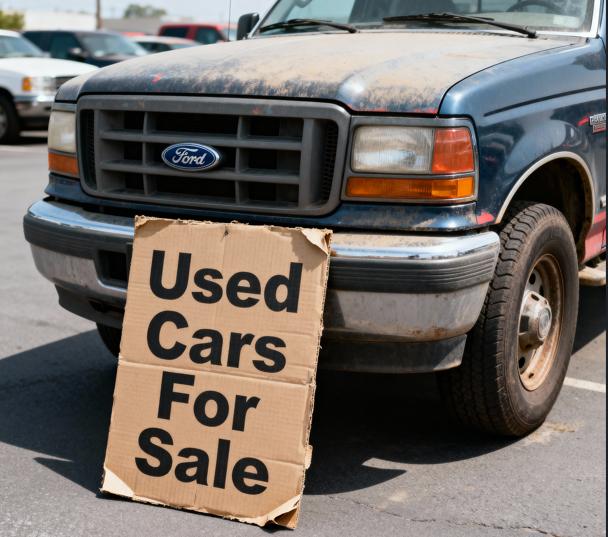Buying a used car usually involves presenting proof of income, but this is not always possible for everyone. Nevertheless, purchasing a used car on installments without a payslip is indeed achievable by exploring innovative financing solutions and strategic negotiation techniques.

Understanding Financing Without Payslips
Purchasing a used car without a payslip can seem daunting because it typically requires demonstrable income proof to secure financing. However, understanding alternative ways to document your income can help. Many lenders are open to evaluating your financial status through different forms of documentation. For instance, tax returns from the IRS can serve as a viable alternative. Additionally, bank statements detailing regular deposits, including those from freelance work or rental income, can supplement your application. Understanding these avenues is key to securing financing despite the absence of a traditional payslip.
Explore a guide on securing car finance without traditional income proof here.
Alternative Financing Options
If providing traditional income proof is not feasible for you, consider these alternative financing options:
1. Credit Unions: They are often more accommodating than banks; members can benefit from lower interest rates and flexible terms.
2. Peer-to-Peer Lending: An option for those with solid credit, bypassing traditional financial institutions.
3. Co-signer Support: Enlisting a co-signer with a steady income can help guarantee the loan.
4. Buy Here, Pay Here Dealerships: They often do not require traditional income proof but understand this may mean higher interest rates.
Check out this detailed guide on how you can secure a car purchase without traditional proof of income here.
Negotiating with Dealers and Lenders
When it comes to negotiation, approach it well-prepared. Whether with a dealer or a lender, clarity and confidence in your financial standing can make a significant difference. Here are a few tips on effective negotiation:
- Research: Familiarize yourself with market prices and average interest rates.
- Documentation: Present solid financial documentation such as tax returns, bank statements, or proof of alternative income sources.
- Show Willingness: Consider making a substantial down payment to demonstrate your commitment.
- Rate Comparison: Collect offers from various lenders to leverage during negotiations.
- Stay Open: Build a rapport and be open to trade-offs like accepting higher interest rates for more favorable loan terms.
Learn more about navigating car finance with alternative income sources by exploring this resource here.
Essential Tips for a Successful Purchase
To successfully purchase a used car, particularly without a payslip, follow these essential tips:
- Know Your Budget: Establish a realistic budget taking into account monthly installment capabilities, insurance, and maintenance costs.
- Check Your Credit Score: A good credit score can counterbalance the lack of a payslip in the eyes of lenders.
- Thorough Inspection: Ensure the used car undergoes a detailed inspection by a trusted mechanic to avoid hidden problems.
- Flexible Negotiation: Stay adaptable during negotiations, whether in terms of interest rates or repayment terms.
- Consider Gap Insurance: It provides additional protection in case of total loss due to theft or accident.
All the documents you might need to finance a car are outlined here.
Comparison of Financing Options
Here's a table comparing different financing options for buying a used car without a payslip:
| Option | Details | Typical Rate |
|---|---|---|
| Credit Union | Offers lower rates and flexible terms to members. | 3% - 6% |
| Peer-to-Peer Lending | Styles itself as a low-rate alternative, dependent on credit. | 5% - 9% |
| Buy Here, Pay Here | Dealer-financed; can include higher interest rates. | 10% - 15% |
| Co-signer Loan | Requires a co-signer with steady income. | 4% - 7% |
| Online Lenders | Varies widely; be sure to compare offers. | 6% - 12% |
Surprisingly, purchasing a used car without a payslip is possible and can lead to a rewarding financial outcome when you explore creatively, negotiate effectively, and stay prudent about your financial state and needs.

